Wolverine vs. the Planet of the Apes? Don’t place your bets quite yet. We’re still some time before that match-up.
By Brad Gullickson
Marvel Explained is our ongoing series, where we delve into the latest Marvel shows, movies, trailers, and news stories to divine the franchise’s future. This entry looks at the upcoming Marvel Planet of the Apes series and considers the IP’s strange and wonderful comic book history.
What on Earth? Wolverine vs. the Planet of the Apes!?! How’d we get so lucky? Hold up, slow your roll. It’s not as exciting as all that, but it’s also not, not exciting.
Marvel Comics is indeed adding Planet of the Apes to their line. The all-new ongoing series is written by David F. Walker and illustrated by Dave Wachter and will see publication in April. The plot does not involve Wolverine. The X-Man is merely being used to help promote the comic, popping up on a variant cover alongside other Marvel icons like Howard the Duck and the Silver Surfer. Maybe one day we’ll see these worlds collide, but first, we need to establish Planet of the Apes as a viable brand within the House of Ideas.In the comics space, the moment Walt Disney Studios and 20th Century Fox merged, folks started frantically anticipating Marvel-ized versions of Alien and Predator. It took a little while to get those books off the ground, especially in the case of Predator, but once they did, readers slipped into a delighted vibe. Under the stewardship of such writers as Phillip Kennedy Johnson and Ed Brisson, the new Alien and Predator comics have devilishly expanded on the two mythologies while delivering some seriously brutal action sequences.
Those two titles laid the groundwork for a comic book universe too many have slept on. Almost immediately after the original Planet of the Apes saw release in 1968, comic creators sought to slap their damn dirty, stinkin’ paws on the franchise. Mangaka Jôji Enami was the first to adapt the film into a serialized series that appeared in Bessatsu Bôken’Ô. Just three years later, another manga adaptation of the film appeared. Then, Marvel Comics launched a short run through their Curtis Magazines imprint.
For three years, Marvel not only adapted all five Planet of the Apes films, but they also cranked out wildly zany tales straight from the brains of legendary creators Doug Moench and Gerry Conway, with a bunch of them illustrated by equally legendary artists like Mike Esposito, Mike Ploog, and George Tuska. As Marvel’s Star Wars comics frequently did, their Planet of the Apes books could veer drastically from the tones and story types that the films produced.
Since then, the brand has bounced around several publishers. When the Tim Burton remake hit theaters in 2001, Dark Horse Comics (the fine folks who held onto the Alien and Predator IP for a while and birthed the Alien vs. Predator concept) worked on a tie-in storyline as well as their own mini-series. Heck, they even produced a Toys R Us mini-comic for a bit.
Before the Disney/Fox acquisition, Planet of the Apes saw the most success with Boom Studios. Mostly, their stories felt glued to the original films’ sense of social commentary and adventure. However, the publisher knew how to have some wacky fun with their IP by smashing it into other IPs. Possibly the weirdest Planet of the Apes stories to exist involve Captain Kirk and the crew of the U.S.S. Enterprise beaming down and squaring off against Charlton Heston’s Taylor. Boom Studios even went as far as to mix the Planet of the Apes with King Kong and DC Comics’ Green Lantern. These mash-ups obviously raised eyebrows, but readers were frequently surprised by how entertainingly effective they were.
Now, the Apes are back under the Marvel banner. The press release promises a comic series nowhere near as radical as Kirk and Cornelius sharing a bottle of Romulan ale. Instead, it appears Walker and Wachter will stick closer to the Rise of the Planet of the Apes timeline.
Their first story chunk is entitled “Devolution.” The ALZ-113 virus has swept the planet, and humanity’s days seem done. While a few scientists seek a chemical solution, another group of humans starts stalking the smart apes. A “Peacekeeper” called Juliana Tobon puts herself between the killers and the simians. We know the hairless brutes will not survive, but before they go, the apes will “witness the true depths of human cruelty.”
Since the first entry, Planet of the Apes has highlighted the wretched depths we’re willing to sink as a society. Humans suck; every ape knows it. Our failings helped shape the Lawgiver’s philosophy and his resulting religion. As we see in the sequels, the simians’ desire to run from the awfulness we created causes similar awfulness. If you’re looking for an IP with a more hopeful bent, seek Star Trek. Planet of the Apes has a glass-half-empty kinda energy.
Writer David F. Walker is not new to Planet of the Apes. He wrote many Boom Studios stories, including another bonkers team-up title called Tarzan on the Planet of the Apes. He grew up on the Marvel Comics stories and is seemingly giddy to help return the franchise to its influential sphere.
How far along the Planet of the Apes timeline the Walker and Wachter series will stretch is unclear. Will they reach Taylor’s time? Hope so. While humans have always put their faces front and center in the franchise, the more recent Andy Serkis sequels showed how those hairless blobs are unnecessary for telling quality stories.
Teasing the new series with mash-up covers involving Wolverine and Howard the Duck is fun, but Marvel has to put up or shut up at some point. They did the same thing with their Alien and Predator comics, offering tantalizing covers featuring Thor battling Xenomorphs but never delivering them below the cover.
Marvel can’t allow Boom Studios to be the reigning champs of mondo mash-ups. They gotta top Star Trek vs. Planet of the Apes. And they could easily accomplish this feat with one mini-series involving the world devourer, Galactus, with Reed Richards and the Fantastic Four to the rescue. That comic practically writes itself.


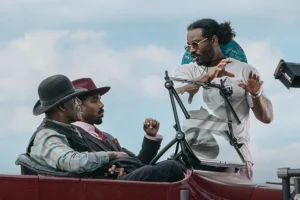



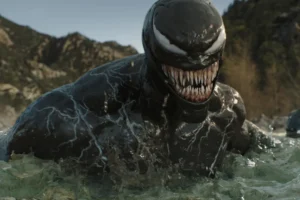



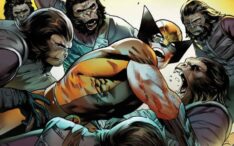
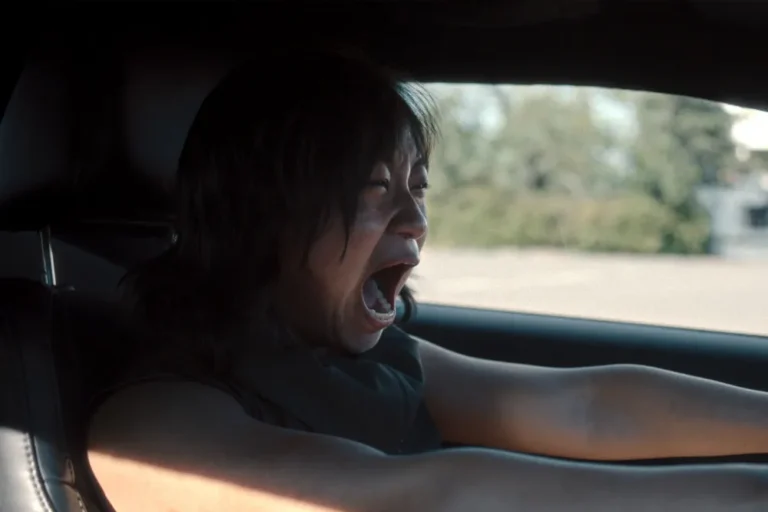

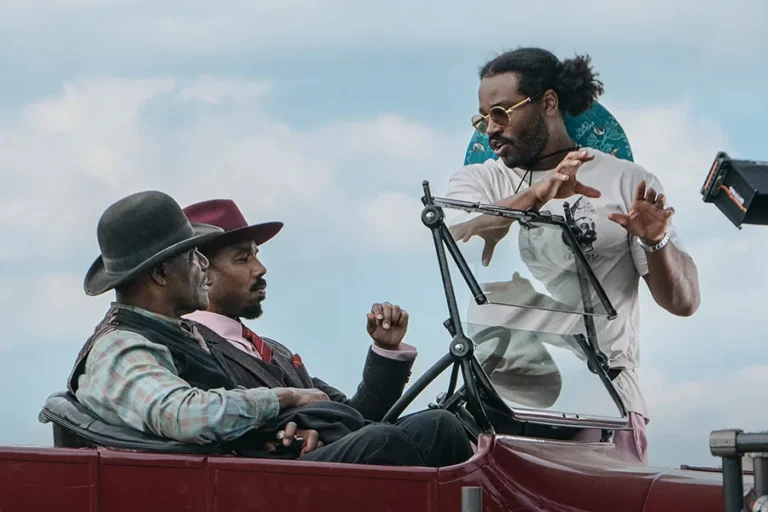
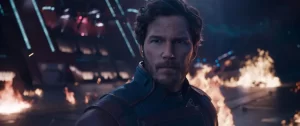
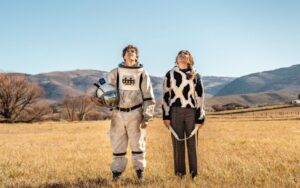
+ There are no comments
Add yours